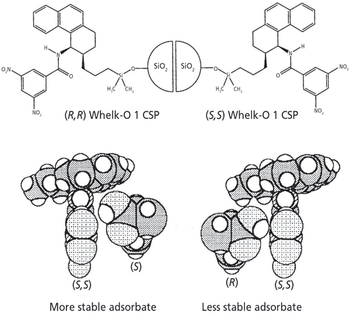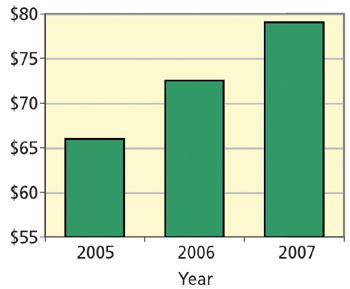
LCGC North America
In the previous installments of this series on efficient development of LC methods (1?5), we have concentrated on improving resolution by modifying the mobile phase, choosing a different stationary phase, or changing some other condition, such as column temperature. In this month?s "LC Troubleshooting" installment, we take a look at trading some of that resolution for a faster separation.




